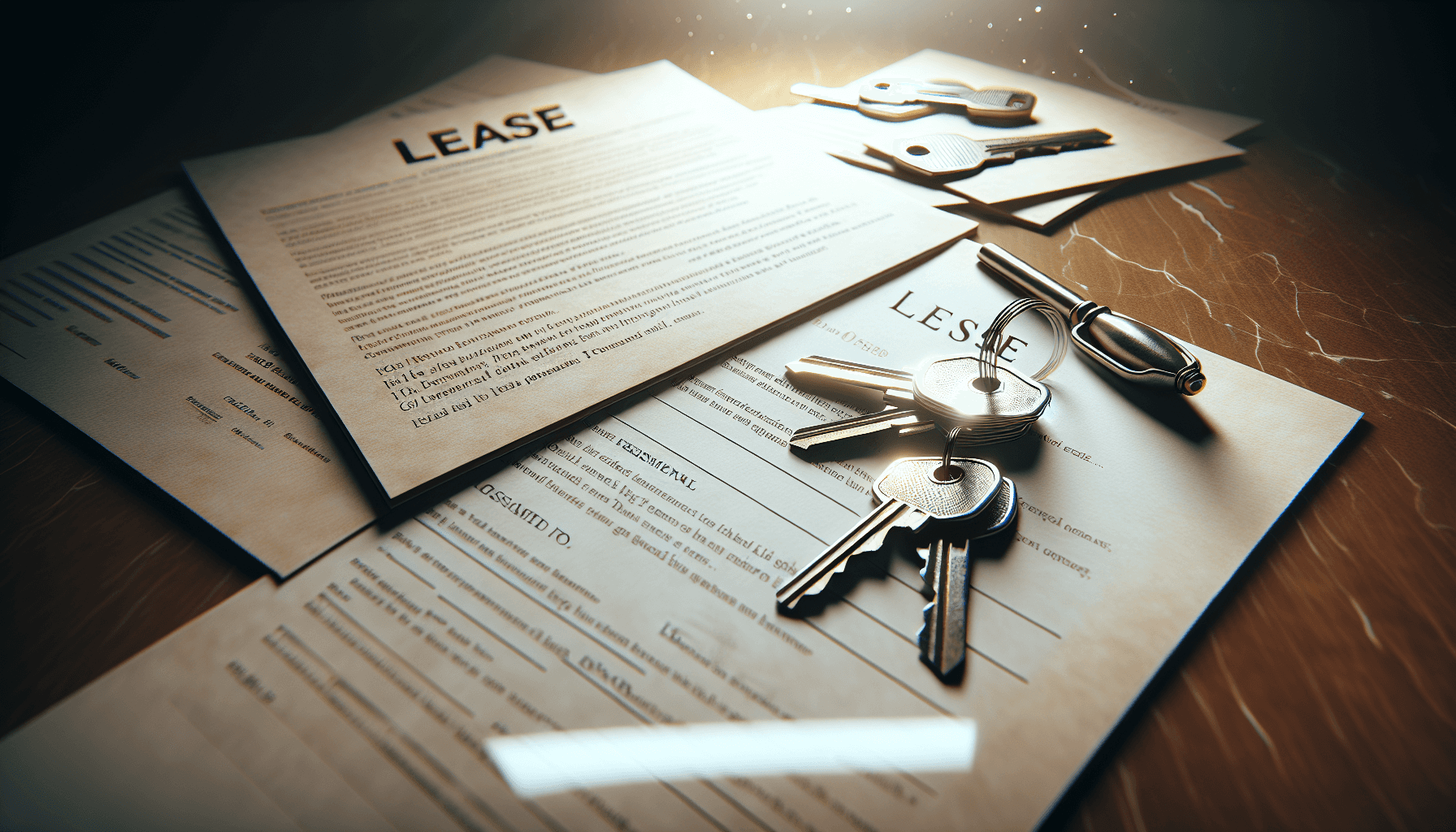Commercial Lease: A Comprehensive Guide for Business Property Rentals
I remember signing my first commercial lease - the stack of papers seemed endless! But understanding commercial leases doesn't have to be complicated. These agreements form the backbone of business property rentals, setting clear expectations between property owners and business tenants.
Commercial Lease: A commercial lease is a legally binding agreement between a landlord and a business tenant for the rental of property used for business purposes, such as office space, retail stores, or warehouses. Unlike residential leases, commercial leases typically have longer terms and more complex terms regarding property modifications, maintenance responsibilities, and rent calculations.
Types of Commercial Leases
Let's break down the main types of commercial leases you might encounter:
Triple Net Lease (NNN) - You pay rent plus three additional expenses: property taxes, insurance, and maintenance. This type gives you the most control but also the most responsibility.
Gross Lease - Think "all-inclusive." Your rent covers everything, making budgeting simpler.
Modified Gross Lease - A middle ground where you and the landlord split operating expenses.
Percentage Lease - Popular with retail spaces, where you pay base rent plus a percentage of your monthly sales.
Absolute Net Lease - Similar to triple net, but you're responsible for everything, including structural repairs.
Key Components of Commercial Leases
Every commercial lease contains several critical elements:
Lease terms often run 3-10 years, with renewal options
Rent structure, including annual increases
Common area maintenance charges for shared spaces
Security deposits to protect the landlord
Use clauses defining allowed business activities
Tenant improvement allowances for space modifications
Rights and Responsibilities
Both parties have specific obligations under a commercial lease. Landlords maintain structural elements and common areas, while tenants handle interior maintenance and repairs. Insurance requirements protect everyone involved - you'll need general liability coverage at minimum.
Commercial vs. Residential Leases
Commercial leases differ significantly from residential ones. You have more room to negotiate terms, but fewer legal protections exist. While residential leases typically run year-to-year, commercial leases often span multiple years. Financial requirements are stricter too - expect to show solid business credentials.
Common Pitfalls and Considerations
Watch out for these potential issues:
Operating expenses that aren't clearly defined
Restrictive termination clauses
Limitations on subletting
Zoning restrictions that might affect your business
Personal guarantee requirements that put your assets at risk
Negotiating Commercial Leases
Research comparable properties in your area before negotiations begin. Focus on rent, term length, and improvement allowances. Consider working with a broker who knows the local market. Having a lawyer review the lease can save headaches later.
Future Trends in Commercial Leasing
The commercial leasing landscape keeps shifting. Remote work influences office space demand. Flexible terms become more common. Green building standards affect lease requirements. Smart building technology changes how spaces operate.
Ready to Find Your Perfect Commercial Space?
Bellhaven Real Estate specializes in matching businesses with their ideal commercial properties. Our team understands local markets and lease negotiations. We'll guide you through the entire process, from property selection to lease signing.

